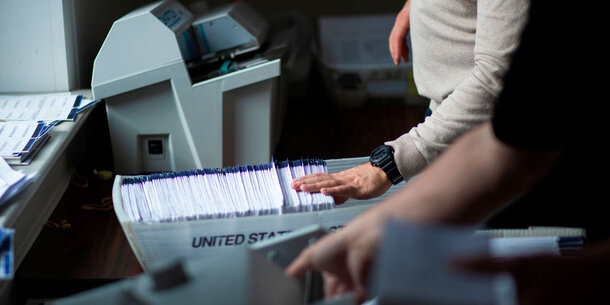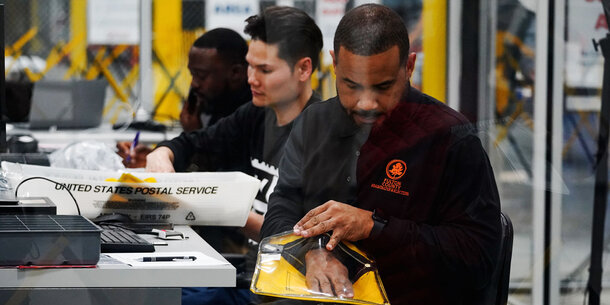Election officials are increasingly encountering requests for access to sensitive voter data and election equipment. These requests come from a range of sources, including private actors, legislative committees, and law enforcement at all levels of government. They are often framed as efforts to improve election security, identify irregularities, or evaluate compliance with voting laws. Responding to these requests can create significant legal and operational challenges: Improper disclosure risks violating state and federal laws protecting voter privacy and election integrity, while overly restrictive responses may trigger accusations of noncompliance and lack of transparency. Inappropriate handling of these requests can also undermine public trust in election processes. As these inquiries become more frequent and overlapping, election officials face growing pressure to balance timely responses, strict adherence to legal obligations, data security, and public confidence.
The responsibility for maintaining security of election equipment and records has lain primarily with state and local election officials. Typically, state and local law enforcement work with and follow the lead of state and local election officials in any investigations that might require access to equipment and records, and federal investigations into violations of election law are rare, particularly given longstanding rules intended to avoid the appearance of election interference by the federal government. There is no new federal legal authority compelling access to non-public election records or equipment, and any federal, state, or legislative action remains constrained by the U.S Constitution and existing state and federal law.
Election officials may soon face new demands for access to various records and systems, including
- voter registration files, such as names, addresses, dates of birth, party affiliation, and voting history
- documentation of voter list maintenance practices, including logs of additions, removals, and data-matching procedures
- state-held records used to verify eligibility, such as DMV or naturalization data; and
- access to voting machines, ballot scanners, election management systems, or chain-of-custody documentation .
This explainer is intended to help officials and the attorneys they rely on prepare for these kinds of requests, regardless of who is making them, and respond in ways that are legally sound, operationally feasible, and protective of voter privacy and election security.


